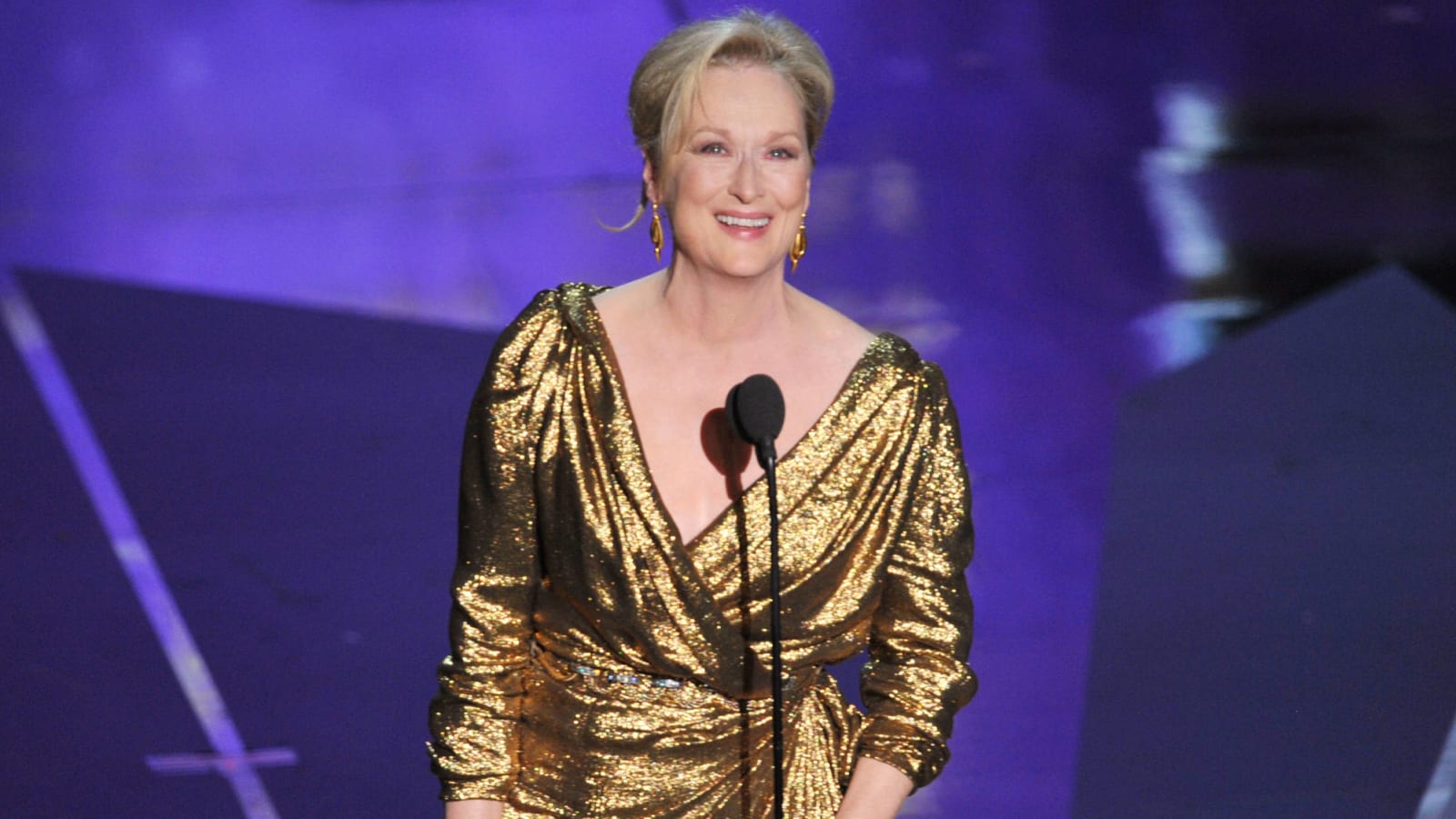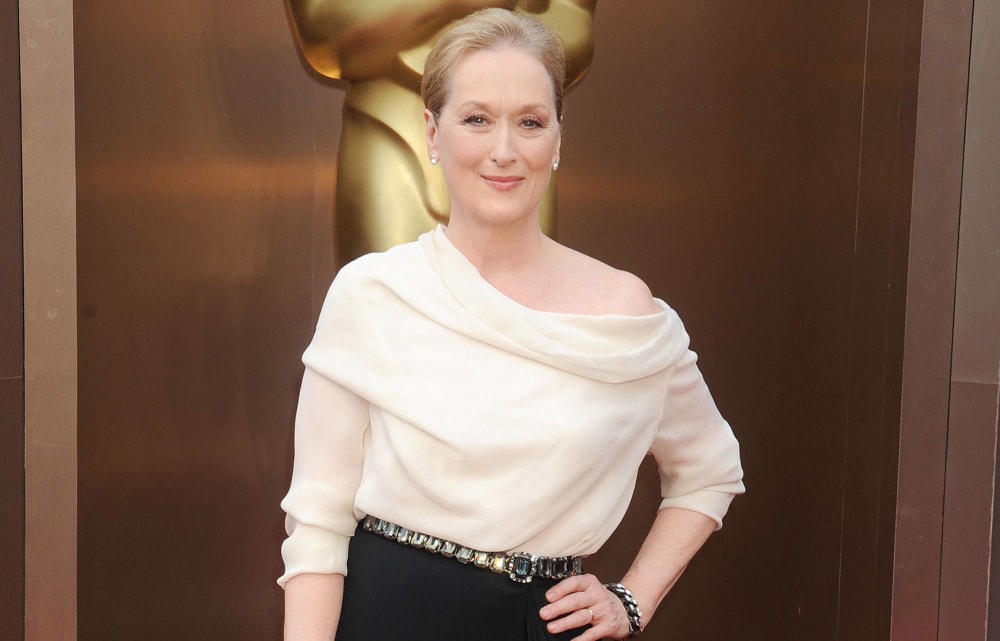
Why there will never be another Meryl Streep
Meryl Streep was just a year out of the prestigious Yale School of Drama in 1976 when she saw the movie performance that would change her life. It wasn’t Faye Dunaway in “Network,” Sissy Spacek in “Carrie” or Liv Ullman in “Face to Face.” No, it was Robert De Niro as Travis Bickle in “Taxi Driver.” According to Meryl Streep: Anatomy of an Actor author Karina Longworth, Streep was so dazzled by De Niro’s fully-immersed portrait of a psychologically-damaged Vietnam veteran, she immediately thought to herself, “That’s the kind of actor I want to be when I grow up.”
A quick survey of Meryl Streep’s forty-one-year film career and the fifty-plus performances it encompasses reveals an artist who has grown up to be that and more. Within two years of her movie theater epiphany, she was sharing the screen with De Niro in "The Deer Hunter,” and earning her first Oscar nomination for her performance as the grief-stripped wife of a soldier who may or may not have perished in Vietnam. She won her first Oscar the following year for her portrayal of a profoundly unhappy wife in “Kramer vs. Kramer.” They’re both the closest she’s ever come to “thankless” roles, and she turned them into acting master classes. The best, whether the Academy recognized it or not, was yet to come.
Many performers would’ve been paralyzed by expectations in Streep’s situation. She barreled into the 1980s hailed as the most exciting actress of her generation on the basis of two stock roles she singlehandedly imbued with vigor and humanity (much to the on-set chagrin of her “Kramer vs. Kramer” co-star Dustin Hoffman, who was, to use the scientific term, a complete and total ass to her). That she subsequently surpassed the hype is astonishing. That she survived the inevitable backlash to this sudden success is inspiring. That she’s still surprising us four decades later with richly nuanced turns in movies like “The Post” and “August: Osage County” is… well, it’s a phenomenon unique to her, so let’s just call it Streepian.
Oscar-wise, Streep long ago blew past Katharine Hepburn’s previous performance category record of twelve nominations. Though she’s still one shy of the great Kate’s four wins, she’s nominated, on average, every other year, so the odds of claiming that record are quite in her favor. But reducing her greatness to trophy statistics is empty and wrong. It’s the sustained excellence, and her still-fully-engaged sense of play – the performer’s pilot light – that makes her a once-in-a-lifetime artist.
During her first phase of critical acclaim (1978 – 1985), there was a critical tendency to fixate on her chameleon-like ability to go from Polish immigrant (“Sophie’s Choice”) one year to Texas union activist (“Silkwood”) the next. As a result, the focus drifted from the subtle texture of these performances to “what crazy accent is Streep going to try on this year?” Some derided her work as artificial – all technique and no heart. This was silly. But backlashes are silly, and, suddenly, Streep was being ridiculed in some quarters as a prestige-picture Rich Little.
She didn’t win Oscars for her brilliant refutation of this ludicrous sentiment, but her most rewatchable movies, the ones that revealed her as a thrillingly relatable human artist, were two comedies (“Postcards from the Edge” and “Defending Your Life”) and one severely underrated action movie (“The River Wild”) made over the course of the early 1990s. It’s hard to pick a favorite from these three, but the warmth and joy she evinces in “Defending Your Live” is a life force unto itself. There’s no showy surface here; it’s all heart.
After these giddy triumphs, only a curmudgeon could diminish Streep’s performances as clinical and emotionally remote. Since then, she’s had the time of her life, effortlessly segueing from emotionally distraught everyday people (“The Hours”) to incalculably evil villains (“The Manchurian Candidate”) to staggering forces of nature (“The Devil Wears Prada”). This year, it’s legendary newspaper publisher Katharine Graham in “The Post,” whose strength and cunning is hidden under a façade of emotional brittleness. People underestimate Graham at their peril, and learn to never make that mistake again. It’s literally the performance of Meryl Streep’s life.
More must-reads:
- To the nines: 21 iconic movie dresses
- 20 fun facts about Meryl Streep that even she doesn’t remember
Trending in Entertainment
Customize Your Newsletter
 +
+
Get the latest news and rumors, customized to your favorite sports and teams. Emailed daily. Always free!


